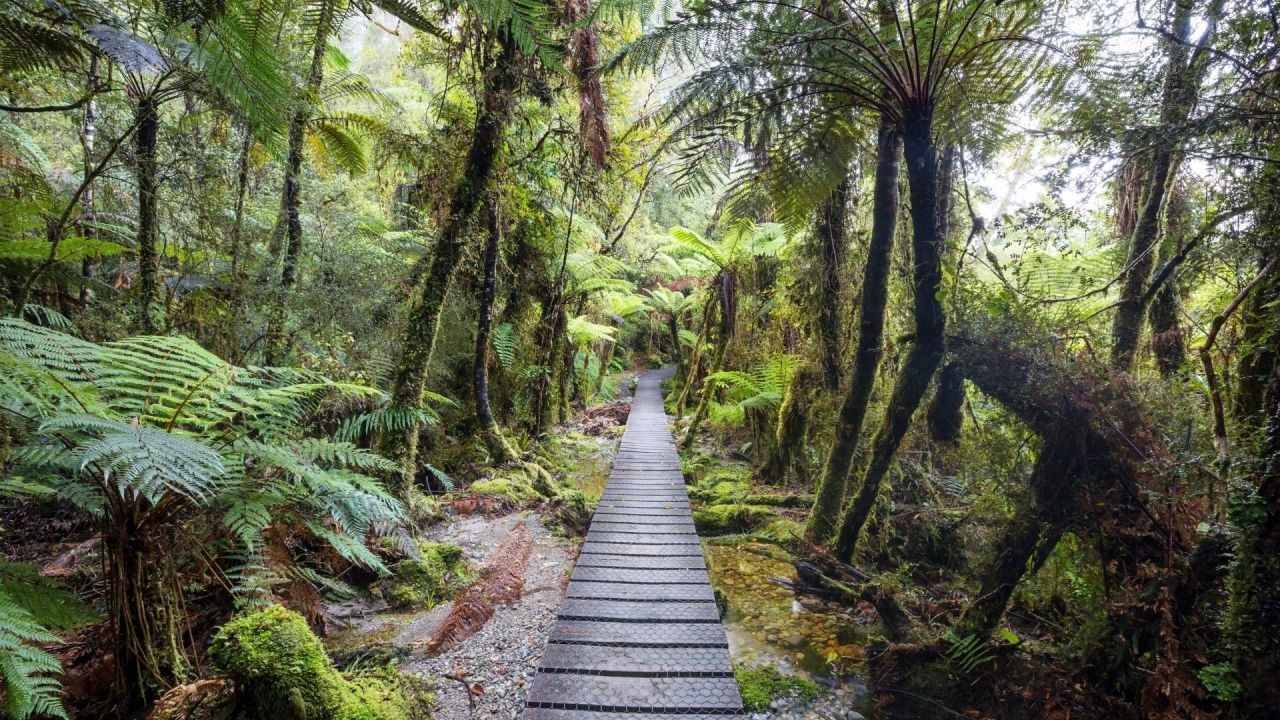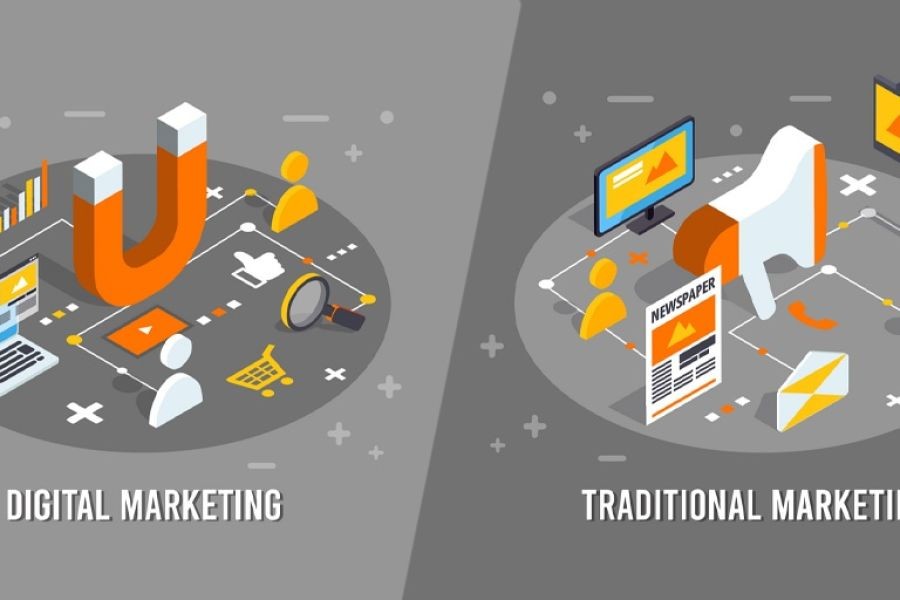New Zealand, known for its breathtaking landscapes and commitment to sustainability, is increasingly turning to eco-friendly technologies to address environmental challenges. With climate change at the forefront of global discussions, understanding and adopting sustainable practices is crucial for Kiwis who wish to preserve their natural heritage.
Why Eco-Friendly Technologies Matter in New Zealand
New Zealand's unique biodiversity and reliance on natural resources make it imperative to implement eco-friendly technologies. The country's economy thrives on agriculture and tourism, both of which are sensitive to environmental changes. Adopting sustainable technologies can help reduce carbon emissions, conserve resources, and ensure a healthy environment for future generations.
Renewable Energy Initiatives
Renewable energy is a cornerstone of New Zealand's sustainability strategy. The country has set an ambitious target of achieving 100% renewable electricity by 2030. This commitment is evident through the expansion of wind, solar, and hydropower projects.
For instance, the Waipipi Wind Farm in South Taranaki generates enough electricity to power approximately 65,000 homes. According to the Ministry of Business, Innovation, and Employment, wind energy could account for 20% of New Zealand's electricity by 2035.
Electric Vehicles (EVs) and Sustainable Transportation
Transportation is a significant contributor to carbon emissions. New Zealand is promoting electric vehicles as a means to reduce its carbon footprint. The government offers incentives, such as the Clean Car Discount, to encourage EV adoption.
In 2021, EV registrations in New Zealand increased by 79% compared to the previous year, according to the Motor Industry Association. The growing network of charging stations, with over 290 fast chargers nationwide, supports this transition.
Smart Farming Technologies
Agriculture is vital to New Zealand's economy, and smart farming technologies are helping farmers increase productivity while minimizing environmental impact. Precision agriculture, which uses data analytics and IoT devices, optimizes resource use and reduces waste.
The AgriTech New Zealand initiative promotes innovative solutions such as drones for crop monitoring and automated irrigation systems. According to AgriTech New Zealand, precision agriculture can improve farm productivity by up to 20%.
Green Building Practices
Green building practices are gaining traction in New Zealand, particularly in urban areas. The Green Building Council's Homestar rating tool assesses the sustainability of homes, encouraging eco-friendly construction methods.
The Te Kura Whare in Tūhoe is a prime example, being the first building in New Zealand to achieve the Living Building Challenge certification. This reflects a growing trend towards sustainable architecture that minimizes environmental impact.
Water Conservation Technologies
Water conservation is crucial in New Zealand, where dry spells can affect water availability. Technologies like rainwater harvesting systems and smart irrigation are becoming increasingly popular.
In Northland, the Whangarei District Council has implemented smart water meters to monitor usage and detect leaks, reducing water waste by up to 15%. Such initiatives highlight the importance of responsible water management.
Waste Management and Recycling Innovations
New Zealand is committed to reducing waste through innovative recycling and waste management solutions. The country's Waste Minimisation Fund supports projects that promote recycling and reduce landfill waste.
The Soft Plastic Recycling Scheme allows Kiwis to recycle soft plastics at participating retailers. This initiative has collected over 400 tonnes of plastic since its inception, showcasing the community's commitment to sustainability.
Challenges and Opportunities
While New Zealand has made significant strides in adopting eco-friendly technologies, challenges remain. High costs, technological barriers, and limited awareness can hinder progress. However, opportunities abound for businesses and individuals to innovate and contribute to a sustainable future.
Professor Susan Krumdieck, a leading expert in sustainable energy, emphasizes the importance of transitioning to a low-carbon economy: "New Zealand's commitment to sustainability is commendable, but it requires collective action and continuous innovation to achieve long-term goals."
Conclusion: Taking Action for a Sustainable Future
New Zealand's journey towards sustainability is a testament to its commitment to preserving the environment. By adopting eco-friendly technologies, Kiwis can contribute to a cleaner, greener future.
Key takeaways include the importance of supporting renewable energy projects, embracing electric vehicles, and implementing smart farming practices. Engaging in green building initiatives and water conservation efforts also plays a crucial role in sustainability.
As Dr. Mike Joy, a prominent freshwater ecologist, aptly puts it: "Our actions today will shape the environment of tomorrow. It's up to us to make a difference."
References
- Ministry of Business, Innovation, and Employment. (2020). Energy in New Zealand 2020.
- Motor Industry Association. (2021). Motor Industry Statistics.
- AgriTech New Zealand. (2021). Precision Agriculture in New Zealand.
- Green Building Council. (2021). Homestar Rating Tool.
- Whangarei District Council. (2021). Smart Water Meters Initiative.
































Body and Mind Botanicals
8 months ago